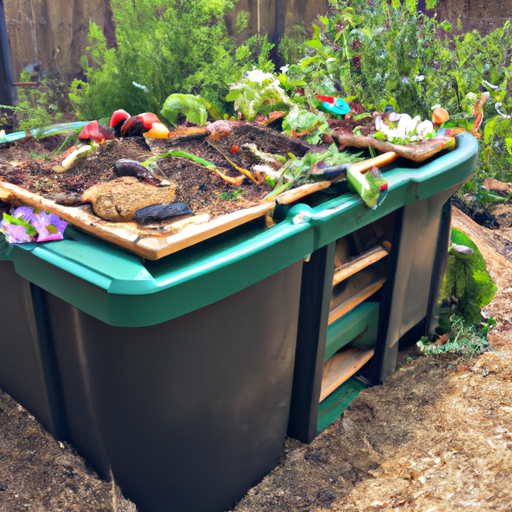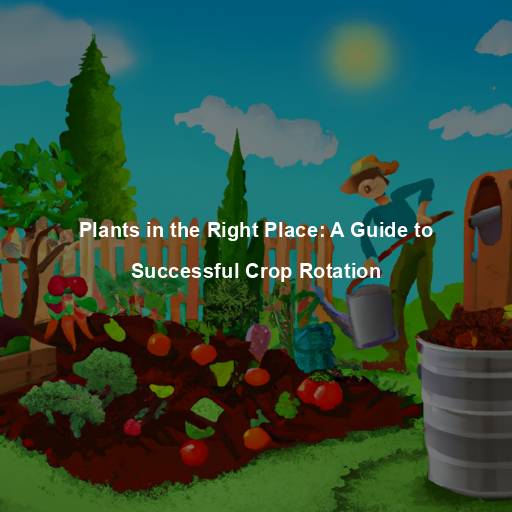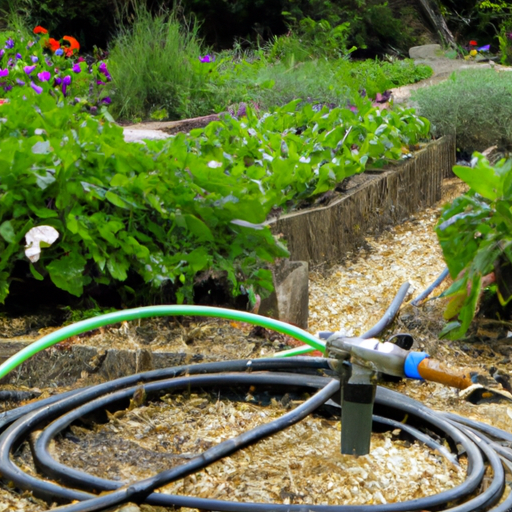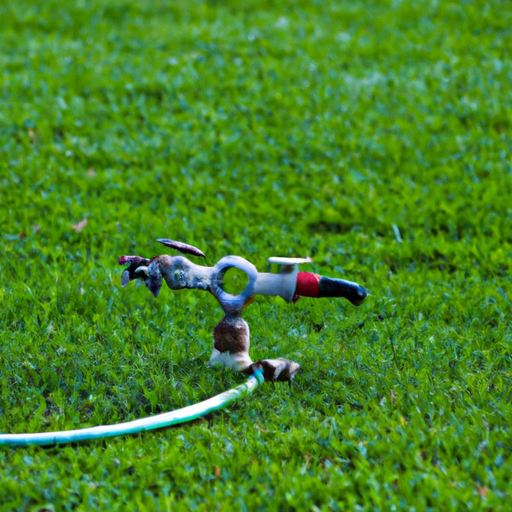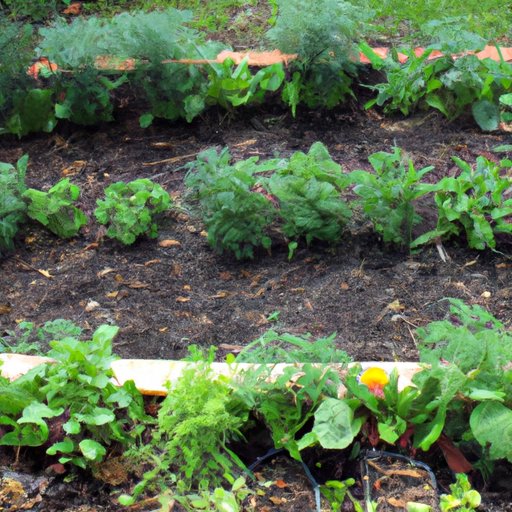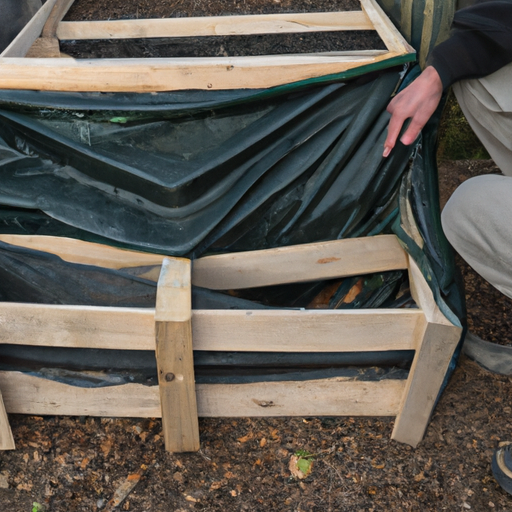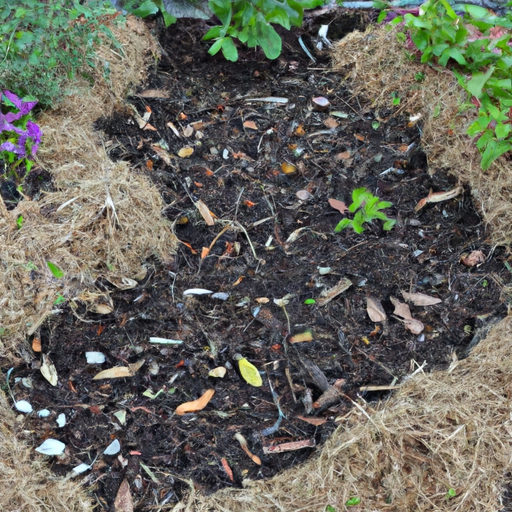Are you tired of spending money on fertilizers and soil amendments for your garden? Look no further than composting! By recycling organic materials like food scraps, leaves, and grass clippings, you can create a nutrient-rich soil amendment that will revolutionize the way you garden.
Composting is an easy and sustainable practice that not only benefits your plants but also reduces waste in landfills. With a little effort and know-how, anyone can start their own compost pile or bin.
In this article, we will explore different techniques for composting and provide tips to help you get started on your journey towards a healthier and more productive garden. Let’s dig in!
Understanding The Basics Of Composting
Oh, you want to talk about composting? Well, well, well. It seems like someone is ready to take their gardening game up a notch!
Composting is not just some trendy activity that hipsters do in their free time; it’s an essential practice for any serious gardener out there.
Not only does it help reduce waste and save money on fertilizers, but it also enriches the soil with nutrients necessary for plant growth.
However, beware of committing common mistakes such as adding meat or dairy products to your pile, which can attract pests and slow down the process.
With a little bit of patience and attention to detail, anyone can start composting today and experience its benefits firsthand.
So let’s get our hands dirty!
Choosing The Right Composting Method For Your Needs
When it comes to composting, there is no one-size-fits-all method. It’s important to choose the right technique for your specific needs and situation.
One factor to consider is whether you want to use an aerobic or anaerobic composting system. Aerobic composting requires oxygen, which helps break down organic matter quickly and efficiently. Anaerobic composting, on the other hand, does not require oxygen but can take longer and may produce unpleasant odors.
Another consideration is whether you want to try hot or cold composting. Hot composting involves actively managing your pile by regularly turning it and maintaining a high temperature (around 140-160 degrees Fahrenheit) that kills off weed seeds and pathogens. Cold composting, on the other hand, takes longer because it relies on natural decomposition processes rather than heat.
Ultimately, the best composting method for you will depend on factors such as how much time and effort you’re willing to invest, what materials are available in your area, and what type of soil you’re working with.
Experimentation may be necessary to find the perfect fit for your garden. Remember that any form of composting is better than sending organic waste to landfill – even if it means starting small with a simple pile in your backyard!
What Materials Can And Cannot Be Composted
Now that you’ve decided to revolutionize your garden with composting, it’s important to know what materials can and cannot be composted. Let me tell you, there are a lot of misconceptions out there about this!
Contrary to popular belief, meat, bones, dairy products, and oils should not be added to your compost pile as they attract pests and slow down the decomposition process. On the other hand, most fruit and vegetable scraps, coffee grounds, tea bags, eggshells, leaves, grass clippings, and shredded paper make excellent compost material.
If you’re experiencing trouble with your compost pile not breaking down or emitting unpleasant odors, don’t worry – this is common for beginners. To troubleshoot these issues, try adding more ‘green’ nitrogen-rich materials like fresh grass clippings or kitchen scraps if your compost is too dry. Conversely, add more ‘brown’ carbon-rich materials like dried leaves or straw if your compost smells bad. It’s all about finding the right balance!
Remember that successful composting requires patience and experimentation. Keep in mind these tips on what can and cannot be composted while adjusting accordingly based on the needs of your specific setup.
Happy gardening!
Maintaining Your Compost Pile Or Bin
Now that you have set up your compost pile or bin, it’s important to maintain it for optimal results.
Covering your compost with a tarp or other material will help retain moisture and heat in the pile, which speeds up decomposition. This also prevents excess water from entering and causing odors.
Speaking of odors, if you notice an unpleasant smell coming from your compost, it could be due to too much nitrogen-rich materials or lack of oxygen. Troubleshooting odors is important to prevent pests and ensure healthy compost.
Turning the pile regularly will introduce oxygen into the mix and balance out the nitrogen content.
With proper maintenance, your compost can provide nutrient-rich soil for your garden all year round.
Using Your Compost To Boost Plant Growth And Health
Now that you have created your own compost, it’s time to put it to use in the garden. Using compost as a soil amendment is one of the simplest and most effective ways to boost plant growth and health without relying on harmful chemicals.
Here are some tips for using your compost effectively:
1. Spread a layer of compost over your existing garden beds or mix it into new planting holes before adding plants.
2. Use compost tea benefits by soaking finished compost in water for several days until the liquid turns brown, then strain out solid material and apply the resulting “tea” to plants as a foliar spray or root drench.
3. Consider vermicomposting tips by incorporating earthworms into your compost pile, which will help break down organic matter more quickly and produce nutrient-rich castings that can be used as a top dressing for potted plants or added directly to garden soil.
4. Lastly, remember not to overdo it – too much compost can lead to nitrogen depletion and other nutrient imbalances.
By following these simple steps, you’ll be able to get the most out of your homemade compost while improving the health of your garden ecosystem at the same time!
Frequently Asked Questions
Can I Compost Pet Waste?
Did you know that according to the American Pet Products Association, 67% of households in the United States own a pet?
With this high number of pets comes a significant amount of waste.
As a Master Gardener, I am often asked if it is possible to compost pet waste.
The answer is yes, but with some important considerations.
Composting pet waste can be beneficial for your garden as it adds nutrients to the soil and reduces landfill waste.
However, there are also potential health risks associated with composting pet waste, such as harmful pathogens and parasites that can contaminate your soil and pose a risk to human health.
Alternative methods for pet waste disposal include flushing down the toilet or burying it in a designated area away from any edible plants.
Ultimately, whether or not you choose to compost pet waste depends on your personal preference and willingness to take necessary precautions to ensure safety.
How Long Does It Take For Compost To Be Ready For Use?
Composting is an essential practice for any gardener who wants to improve soil quality, reduce waste, and decrease their carbon footprint.
However, composting can pose several challenges and requires patience and dedication.
One of the most common questions gardeners have about composting is how long it takes for the compost to be ready for use.
The answer depends on various factors such as temperature, moisture levels, and the type of materials used in the compost pile.
Generally, it takes between three months to two years for compost to be fully decomposed and ready to use.
Despite these challenges, the benefits of composting are numerous; it enriches soil with nutrients, reduces landfill waste, saves money on fertilizer costs, and promotes a more sustainable way of gardening.
Can I Compost Meat And Dairy Products?
Composting meat and dairy products, oh joy! What a way to spice up your composting routine.
But before you go ahead and throw in that leftover steak or half-eaten cheese block, let’s discuss the pros and cons of this method.
While it may seem convenient, composting meat and dairy can attract unwanted pests such as rats and flies, emit strong odors (not exactly ideal for a garden), and take longer to decompose than plant-based materials.
However, fear not my fellow gardeners, there are alternatives to composting meat and dairy such as burying them separately from your regular compost pile or using a bokashi bin.
Happy gardening!
What Is The Best Way To Prevent Pests From Invading My Compost Pile?
To maintain your composting pile, it is important to know how to prevent pests from invading.
There are various natural pest control methods that you can use such as adding coffee grounds, citrus peels or garlic to deter insects and rodents.
Additionally, make sure that your compost pile is well-aerated and moist but not too wet, which creates an ideal environment for unwanted visitors.
Keep the pile covered with a tarp or lid to avoid attracting larger animals like raccoons or bears.
By following these simple composting pile maintenance tips, you’ll be able to keep your garden healthy and thriving while reducing waste in an eco-friendly way.
Can I Use Compost For Indoor Plants?
Using compost for indoor plants is one of the best things you can do to take your indoor gardening game to the next level!
It’s like giving your plants a superfood boost, and they will thank you by growing bigger and stronger than ever before.
Plus, using compost in your indoor garden means you’re reducing waste and helping the environment at the same time.
To really get the most out of your compost, try making some compost tea – it’s like liquid gold for your plants!
Simply steep some compost in water, strain it out, and use the resulting concoction as a natural fertilizer.
Your plants will love it, and you’ll be amazed at how quickly they start thriving.
So don’t wait any longer – start using compost in your indoor garden today and watch those green babies flourish!
Conclusion
Well folks, it looks like we’ve reached the end of our composting journey. I hope you’re all feeling inspired to revolutionize your gardens and give back to Mother Earth.
But before we part ways, let’s address a few final questions.
First off, can you compost pet waste? The answer is yes, but with caution. Make sure to keep it separate from other compost materials and only use in non-edible gardens.
Now onto the big question – how long does it take for compost to be ready for use? Well my friends, that varies depending on various factors such as temperature and moisture levels. However, with patience and dedication, your nutrient-rich soil will surely reward you in due time.
But wait! Can you really compost meat and dairy products? Sorry to burst your bubble, but those belong in the trash bin – not your beloved compost pile.
And lastly, if pests are invading your pile, try adding some citrus peels or coffee grounds to deter them.
Remember fellow gardeners: composting is a never-ending learning experience filled with twists and turns. So get out there and start experimenting! Who knows what kind of magic may happen when you mix just the right ingredients together. Happy gardening!
